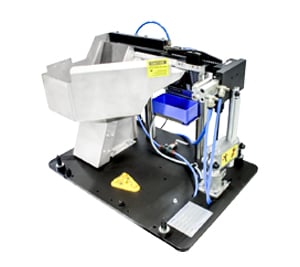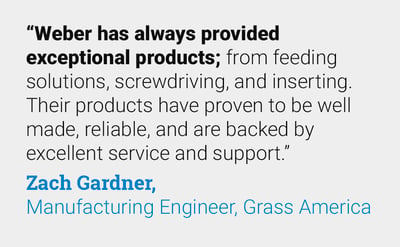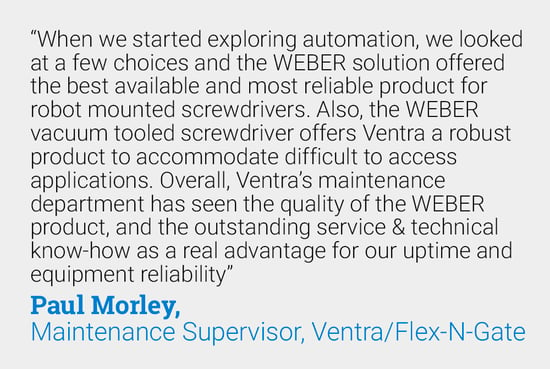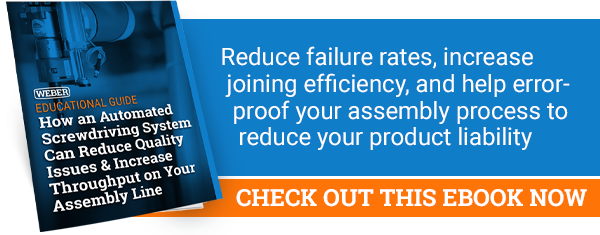3 min read
Statistical Process Control of Torque Data on Assembly Lines
By: Tom Ash Feb 24, 2022 1:30:00 AM
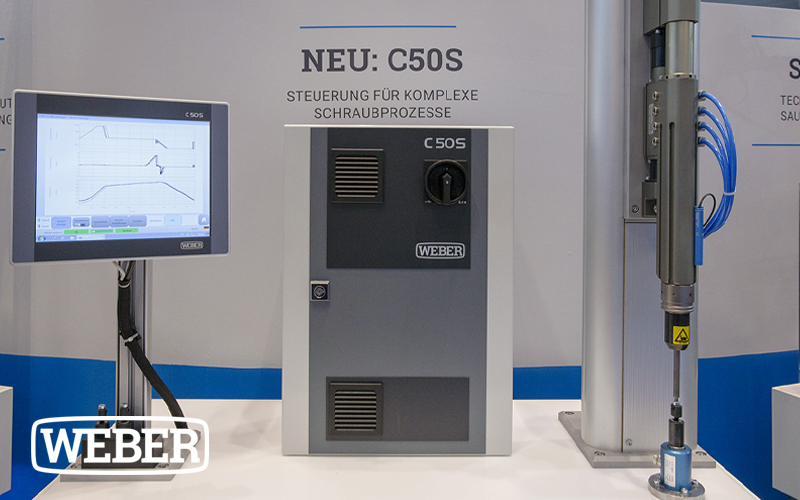
No matter what tools your company employs, the amount of torque applied to fasteners will always vary to some degree. You need to know when this variation is unacceptable and why, which you can do by using statistical process control. Ultimately this allows you to increase quality, improve cycle time, and minimize downtime on your line.
Why is Statistical Process Control of Torque Data Important?
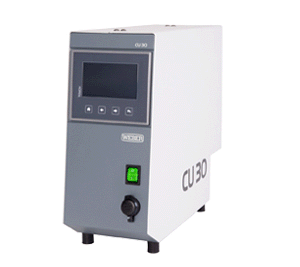
Statistical process control involves a set of statistical tests performed on a specified manufacturing process. As a manufacturer, it's important to use statistical process control to measure torque when tensioning fasteners and joints. Too little tension and fasteners can loosen. Too much tension and the fastener or joint can become overstressed and break or distort. Measuring the level of torque applied during the tightening process is the best way to ensure the proper tension level. This means quantifying the torque, angle, and depth of each joint or fastening.
Collecting torque data and employing statistical process control can result in a number of important benefits, including:
- Ensuring the quality of the process
- Preventing errors
- Reducing costs
Some applications are more demanding than others in terms of requiring accurate torque levels. Process control is especially important for critical parts within medical equipment, door latches, airbags, and other items where safety is critical.
How Does Statistical Process Control Impact Cycle Time, OEE, and ROI?
Employing statistical process control during the tensioning process can have a significant impact on your manufacturing cycle time, overall equipment effectiveness (OEE), and return on investment (ROI). By analyzing torque values for your tensioning tools, you can quickly determine if a tool is broken or performing in a subpar manner, so that immediate changes can be made. It can even alert you if an operator is installing the wrong type of screw.
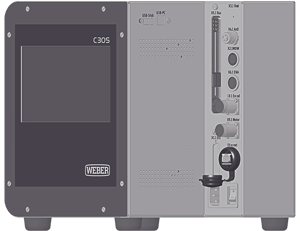 Impact on Cycle Time
Impact on Cycle Time
Statistical process control of torque data can help you reduce cycle time. By using a depth sensor, your tools can drive at a higher rate of speed without worrying about over or under torquing. An automatic screw assembly machine can reach the necessary depth and then go further to the final torque with. The process control ensures a more accurate torque.
Impact on OEE
Overall equipment effectiveness can be improved by extending the mean time before failure. Without statistical process control this data is difficult to gather. WEBER's product controllers ensure that tools have a 99.8% or greater uptime.
Impact on ROI
The increased cycle time and OEE associated with statistical process control result in increased output and higher ROI. The process control system quickly earns back its investment and helps to pay for the operator.
Let WEBER Make Statistical Process Control Easy
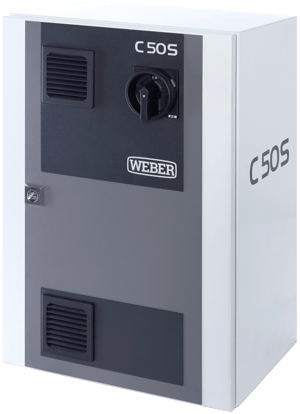 The process control systems that integrate with WEBER’s automated screwdriving systems make it easy to analyze assembly line efficiency and performance. Our process controllers are responsible for controlling and monitoring the screwdriving process and ensure that the preset speed, torque and depth are consistently maintained.
The process control systems that integrate with WEBER’s automated screwdriving systems make it easy to analyze assembly line efficiency and performance. Our process controllers are responsible for controlling and monitoring the screwdriving process and ensure that the preset speed, torque and depth are consistently maintained.
Our experienced professionals make it easy for you to employ statistical process control without major complications. You receive the equipment, plug it in, and start using it. We handle everything else.
We offer two process controllers, the standalone C30s and the more fully featured C50s. The C30S is the more economical solution, based on standard screwdriving strategies. The C50S collects more data and is better suited for products that require more flexible control, such as circuit boards and airbags.
WEBER is the global leader in automated screwdriving technology, with production facilities and sales offices in France, Germany, Italy, Switzerland, the Czech Republic, China, and North America. We help our partners manufacture high quality products with maximum process reliability and efficient production processes. We believe that your success is our success - and we’re here to make automation easy..
Contact us today to learn more about employing statistical process control in your operations.


